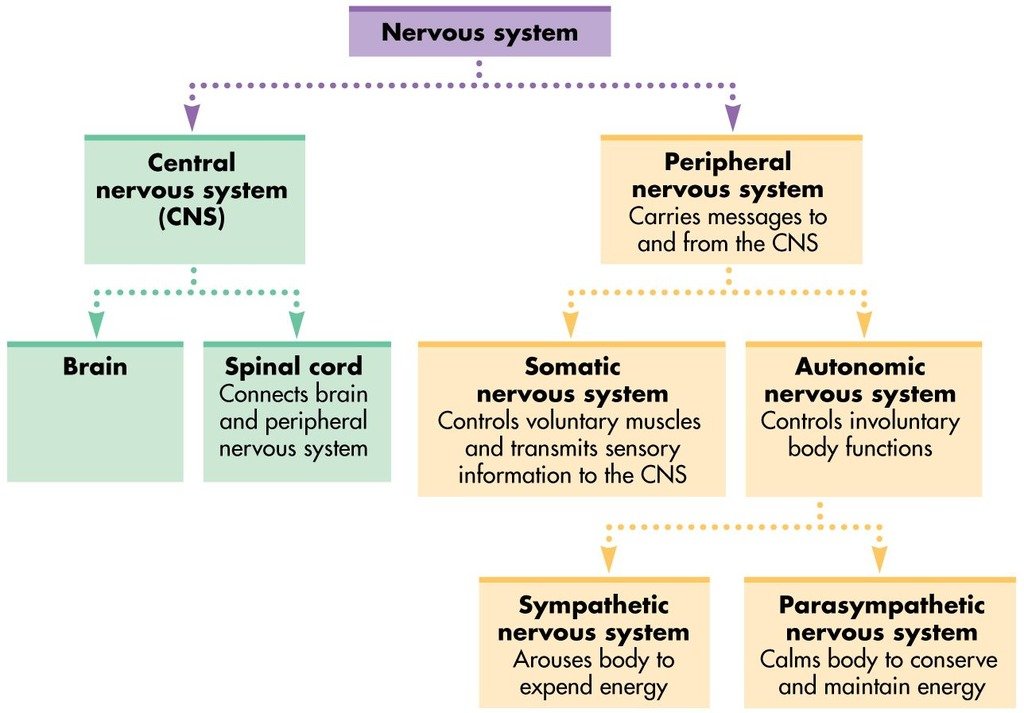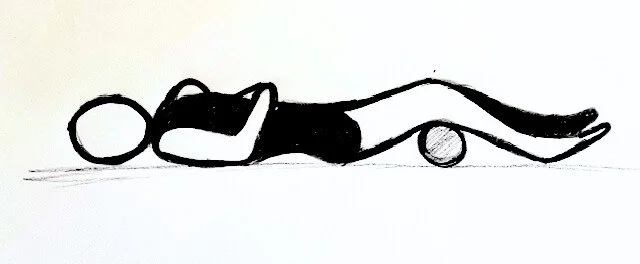The Power of Breathing
Give Me Oxygen: The Power of Breathing
Breathing is essential to life. It brings air in and out of our lungs, allowing us to live and thrive. This process involves various muscles such as the diaphragm, intercostal muscles, abdominals, and even the muscles in our face and neck. Together, they work to expand and contract the lungs, facilitating the act of inhaling and exhaling. But breathing isn't just about air – it's about gas exchange, a vital process that sustains life.
The Science Behind Breathing
When we breathe, our bodies exchange oxygen and carbon dioxide. This process, known as gas exchange, takes place in the lungs. Think of your lungs as a large sponge: they soak up oxygen and release carbon dioxide. Humans need oxygen for cellular respiration – the process that converts food into energy at a cellular level. This energy is stored in molecules called Adenosine Triphosphate (ATP). Meanwhile, carbon dioxide is a byproduct of metabolism, transported to the lungs where it is exhaled.
The brain plays a crucial role in regulating our breathing rate. It adjusts the speed of our breaths based on the body’s needs. For example, during exercise or stress, the brain signals for faster breathing, engaging more muscles to take in oxygen and expel carbon dioxide.
Breathing and the Nervous System
Breathing is intricately connected to our parasympathetic nervous system (PNS) via the vagus nerve. The vagus nerve is a cranial nerve that originates in the brainstem and carries information between the brain, heart, digestive system, and other parts of the body. This connection is important because it means that through conscious breathing, we can influence our stress levels and activate the relaxation response of the PNS.
By controlling our breath, we can help lower stress and anxiety. Deep breathing increases the oxygen available to the body, which in turn supports digestive metabolism. When we are calm and relaxed, our digestive system functions more effectively, helping us absorb nutrients from our food. Additionally, mindful breathing helps us become more aware of our body's needs, reducing the tendency to overeat and improving overall well-being.
The Power of Diaphragmatic Breathing
One effective breathing technique is diaphragmatic breathing, which involves using your diaphragm and abdominals to breathe deeply and slowly. This technique offers several benefits, such as decreases oxygen demand, reduced heart rate and blood pressure, less muscle tension, and enhanced vagus nerve activation.
By practicing diaphragmatic breathing, you can also strengthen your diaphragm, reduce stress and anxiety, decrease pain, improve digestion, and promote better sleep.
How to Practice Diaphragmatic Breathing
To begin practicing diaphragmatic breathing, it’s best to lie down on your back. Once you're comfortable with the technique, you can perform it while sitting or standing.
Place your hands on your belly so you can feel your abdominals expand and contract with each breath.
Inhale slowly through your nose, allowing your stomach to expand outward.
As you exhale through pursed lips, use your abdominals to push the air out, imagining your navel moving toward the floor.
Visualize your stomach as a balloon, inflating with each inhale and deflating with each exhale.
A great habit to adopt is practicing diaphragmatic breathing for 3–5 minutes each morning before getting out of bed, and again before going to sleep. However, this technique can also be helpful whenever you're feeling stressed, anxious, or overwhelmed. Please note that when you first start, it’s not uncommon to feel a little dizzy if you overdo it. Be cautious when transitioning from lying down to standing.
Conclusion
Breathing is more than just a life-sustaining function – it’s a powerful tool for managing stress, improving digestion, and enhancing overall health. By learning how to breathe mindfully, you can tap into the body’s natural ability to calm itself, reduce tension, and optimize your well-being. So next time you’re feeling stressed or just need a moment of calm, take a deep breath – your body and mind will thank you.





